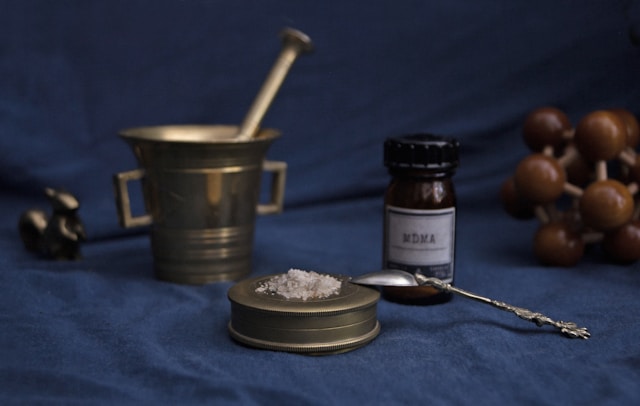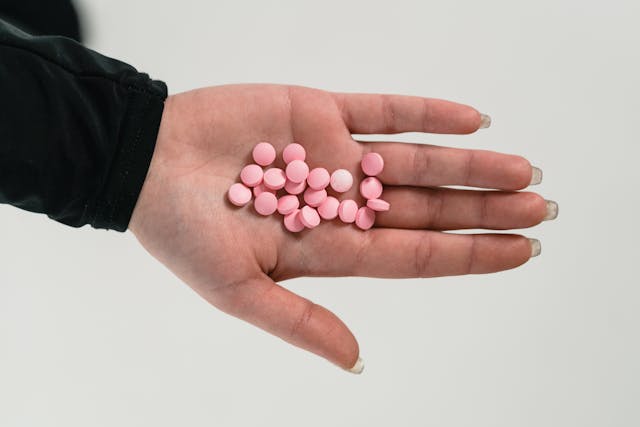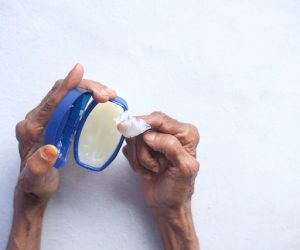Creating a balanced life while navigating the complexities of drug rehabilitation is essential for sustainable recovery. Individuals undergoing rehab often face numerous challenges that can threaten their emotional and physical well-being. Achieving balance involves addressing emotional health, social connections, and physical fitness, guiding the journey toward a healthier lifestyle. By taking proactive steps, individuals can build a stable foundation for recovery, paving the way for long-term resilience.

Understanding the Importance of Balance in Recovery
Balancing various facets of life during drug rehab can significantly impact one’s success in achieving sobriety. The rehab journey often brings emotional turmoil, which can lead to stress and anxiety. A well-balanced life helps counteract these feelings by providing a positive structure that encourages personal growth and healing. Many people overlook this aspect in their pursuit of recovery, focusing solely on the treatment process while neglecting vital support systems. Striving for balance means nurturing all parts of life, including emotional, social, and physical well-being. Engaging with these aspects can significantly boost recovery success rates.
Building a Support Network
Establishing a strong support network is one of the crucial elements to maintain balance during drug rehab. Support from family, friends, and peers can empower individuals as they confront the challenges of recovery. Social connections provide a sense of belonging and encouragement, essential for overcoming feelings of isolation that often accompany addiction. Being open and transparent with loved ones about recovery goals fosters trust and understanding. Participation in support groups, such as Alcoholics Anonymous or community programs, can enhance this network further. Finding resources, like Indiana Rehab, can provide a wealth of support options tailored to individual needs, contributing positively to the rehab experience. It is vital to surround oneself with positive influences and those who encourage sobriety as part of the journey towards creating a balanced life.
Physical Wellness: A Pillar of Recovery
Physical wellness plays a crucial role in creating a balanced life during drug rehab. Engaging in regular exercise can have remarkable benefits, both psychologically and physically. Activities such as yoga, swimming, or group sports can help individuals build strength while alleviating stress and anxiety commonly associated with addiction recovery. Regular physical activity releases endorphins, substances in the brain that act as natural painkillers and mood elevators. A consistent exercise routine not only improves physical appearance but also fosters a sense of achievement and self-discipline. Developing a regular exercise habit during rehab can lead to a healthier lifestyle that continues beyond the treatment program, further supporting long-term recovery efforts.
Emotional Healing and Self-Care
Emotional healing is central to maintaining balance throughout the rehab journey. Individuals should practice self-care routines that promote mental well-being, including mindfulness and stress-reduction techniques. Regular practices such as meditation, deep-breathing exercises, and journaling help construct a more resilient mindset. By integrating these techniques into daily life, individuals can manage emotional ups and downs effectively, making the road to recovery less daunting. Cultivating hobbies and engaging in creative expressions also contribute to emotional healing. Activities like painting, writing, or playing music provide healthy outlets for expressing feelings, reducing negative thought patterns that can arise during recovery. Establishing a routine that prioritizes emotional well-being is a significant step toward achieving balance in life.
Nutrition: Fueling Your Recovery
Nutrition is yet another foundational aspect of creating a balanced lifestyle during drug rehab. A well-balanced diet provides individuals with the necessary energy and nutrients to support both their physical and mental health. Specific nutrients can play essential roles in stabilizing mood and fighting withdrawal symptoms, making thoughtful food choices critical in the recovery process. Incorporating a variety of fruits, vegetables, lean proteins, and whole grains into daily meals can help ensure a healthy diet during rehab. Moreover, staying hydrated is crucial, as proper hydration supports brain function and overall well-being. Understanding the role that nutrition plays in recovery sets individuals on the right path toward better health and lasting sobriety.
Setting and Achieving Goals
Goal setting is a powerful tool in fostering a balanced life during drug rehab. Individuals should identify both short-term and long-term goals throughout their recovery journey. Short-term objectives, such as attending therapy sessions or participating in group activities, help provide a clear structure to daily life. Long-term goals, such as maintaining sobriety or rebuilding relationships, help maintain focus and motivation in recovery. As individuals accomplish these goals, they build a sense of accomplishment that reinforces their commitment to recovery. Furthermore, tracking progress not only highlights achievements but also allows for the adjustment of objectives as needed. Being adaptable in goal-setting is critical; the ability to assess and modify goals ensures continued growth despite setbacks.
Mindfulness and Stress Management Techniques
Incorporating mindfulness and stress management techniques can significantly enhance personal well-being during drug rehab. Renowned facilities like Carrara luxury drug rehab centers emphasize mindfulness practices, including meditation, to enhance focus, regulate emotions, and reduce stress. By learning to accept thoughts and feelings without judgment, individuals can foster a positive internal dialogue, which is essential for recovery. Stress management techniques, such as engaging in hobbies, spending time in nature, or practicing deep-breathing exercises, can also contribute to a balanced life. These practices offer individuals valuable tools for navigating difficult situations and can lessen the risk of relapse when faced with triggers outside of rehab.
Embracing Healthy Relationships
As individuals work through their rehabilitation journey, building and nurturing healthy relationships becomes vital. The way one interacts with peers and loved ones significantly impacts mental health and recovery. Healthy relationships are characterized by mutual respect, support, and open communication; such dynamics foster an environment conducive to healing. Moving away from toxic relationships that may have contributed to addiction is essential. Individuals must assess their social circles and prioritize connections that uplift and motivate them. Seeking new friendships aligned with recovery goals helps create a positive, supportive environment conducive to thriving during rehab.
Creating a Sustainable Routine
Developing a sustainable daily routine can promote balance throughout the rehab process. A structured schedule fosters well-being and engrosses individuals in productive activities, decreasing the temptation for relapse. Routines often include a mix of therapeutic activities, physical exercise, nutritional meals, and personal interests that contribute to emotional and physical health. Consistency breeds success in recovery. Additionally, including leisure and relaxation activities allows individuals to unwind and recharge as needed. A balanced routine reduces stress levels, keeps motivation high, and provides stability through the chaos that often accompanies drug rehab.

Lastly, celebrating progress and achievements during the rehab journey is essential for maintaining balance. Recognizing accomplishments, no matter how small, boosts self-esteem and reinforces a commitment to recovery. Individuals should take the time to reflect on and celebrate milestones while acknowledging the hard work that contributes to personal growth. Sharing achievements with supportive peers or mentors can create a sense of community and motivate others on similar paths. Creating a culture of celebration, both personal and collective, contributes to a balanced and fulfilling recovery process, paving the way for further accomplishments ahead.



